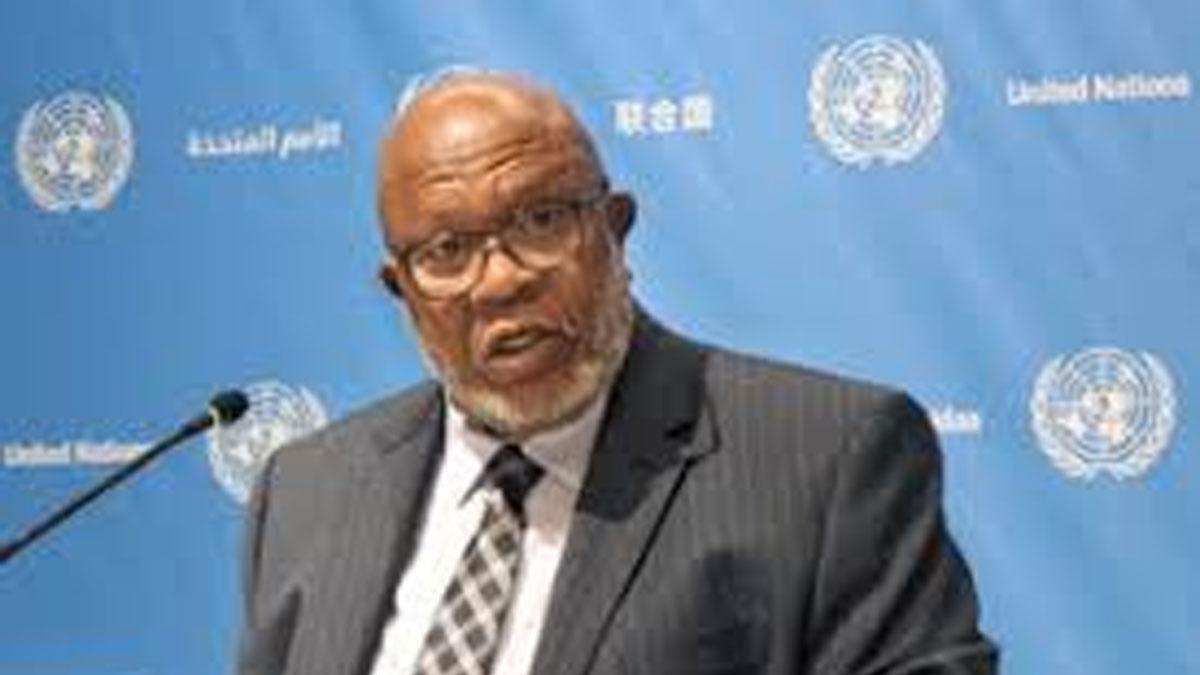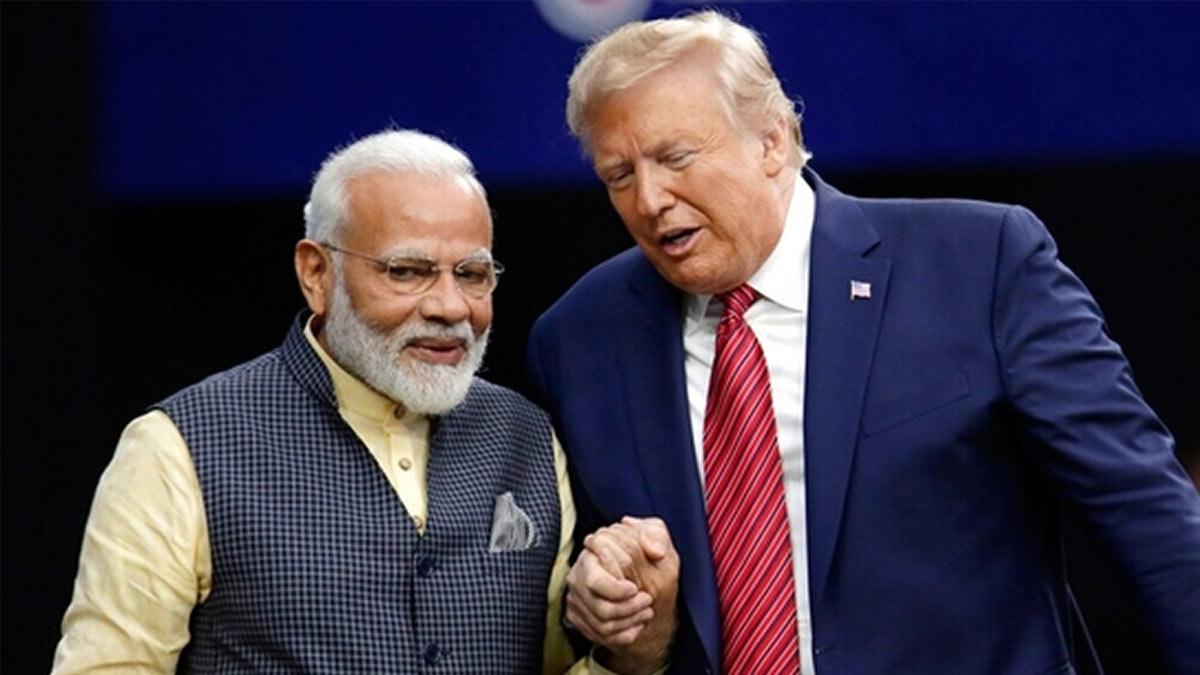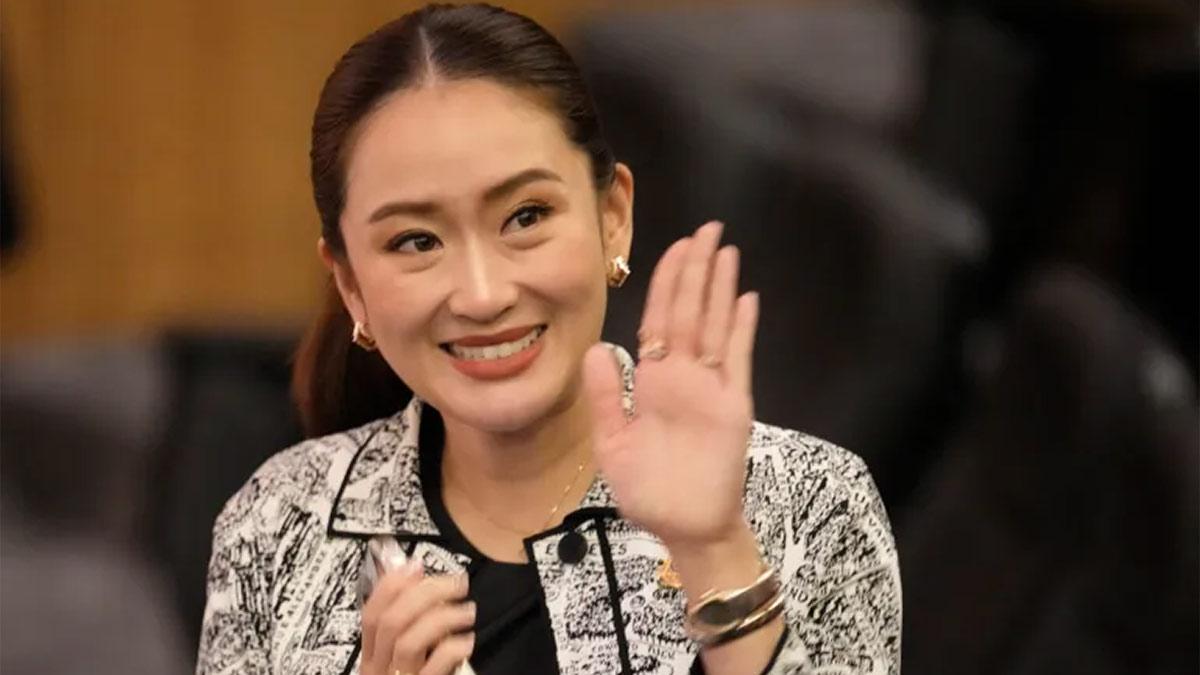Negotiations aimed at reforming the UN Security Council are still in a preliminary phase, with formal talks yet to begin, stated General Assembly President Dennis Francis. He emphasized that the ongoing discussions, falling within the framework of the Intergovernmental Negotiations (IGN), are informal and precede the commencement of formal negotiations.
When pressed for a timeline on the negotiations, Francis declined to specify, indicating that member states themselves will decide when formal negotiations will commence. He clarified that the current stage involves introductory discussions rather than negotiations on the various reform models proposed for the Security Council's structure.
Responding to queries regarding the Security Council's handling of crises such as those in Ukraine and Gaza, Francis rejected the notion that the reform process's failure directly impacts the Council's efficacy. He emphasized that the IGN process remains ongoing and stressed the importance of member-driven decision-making.
The Security Council's structure is anchored in the dominance of its five permanent members—Britain, China, France, Russia, and the US—each wielding veto powers established in the aftermath of World War II. However, these veto powers have frequently stymied Council action on critical issues.
Many countries from the Global South advocate for equal representation, advocating for an expansion of permanent membership. India, among others, has pushed for the adoption of a negotiating text to propel reform discussions forward. However, this effort has been hindered by a group of nations, including Italy and Pakistan, under the banner of Uniting for Consensus, which insists on consensus before endorsing a negotiating text—a paradoxical stance given that consensus typically arises from substantive negotiations based on a tex.
Read also | Canadian Spy Agency Reveals Covert Chinese Interference in Elections


















